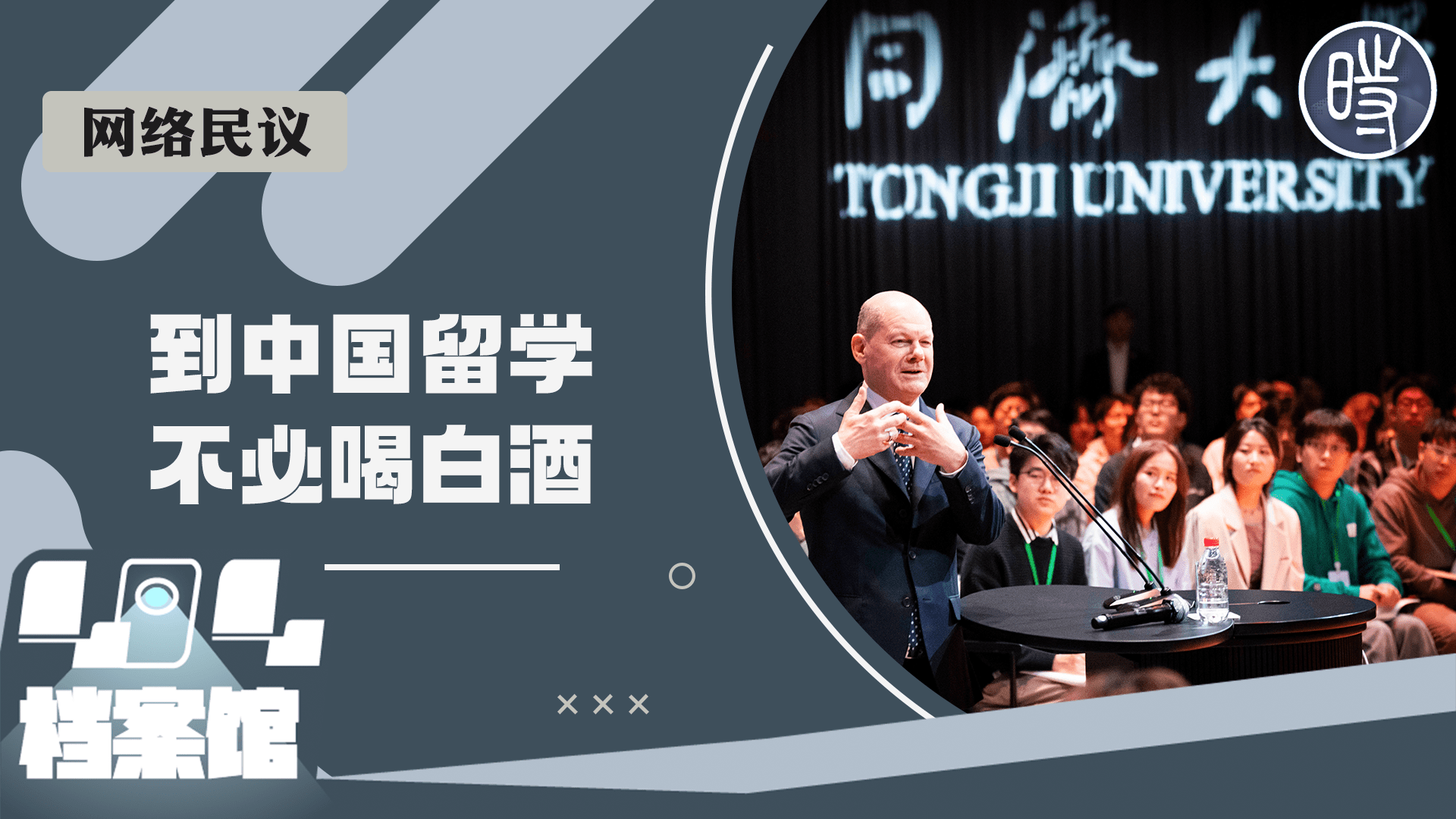
Sep 25th 2012, 12:16 by T.P. | BEIJING
每年大约这个时候,胡润富豪排行榜都会如期而至。这份榜单不但满足了那些痴迷富人名流生活方式的恶趣味,还反映了中国商业大潮中沉浮的重要趋势。而今年新出炉的榜单却有着不少的“亮点”。
EACH year around this time, the Hurun Report, a Shanghai-based luxury publishing and events group, releases its compiled list of China’s wealthiest people. The report not only satisfies the prurient interest of those fascinated with the lifestyles of the rich and famous, but also reflects important trends underlying success and failure in the world of Chinese business.
The latest edition, “China’s Rich List 2012”, released September 24th, was no exception. It revealed that a drinks tycoon, Zong Qinghou of the Wahaha Group, regained the top spot he had occupied in 2010 but lost last year*. With wealth reported to be equal in value to $12.6 billion this year, Mr Zong finished well ahead of his closest rival, Wang Jianlin of the Dalian Wanda Group, a property developer and operator of cinemas. Mr Wang, poor chap, is worth a mere $10.3 billion.
With its elaborate itemisations and cross-referenced information, the report includes a wide range of intriguing titbits, beyond the crude headline figures. Perhaps most significant is the fact that manufacturing has usurped the property sector as the leading source of wealth for the 1,000 people listed. Most surprising might be that, for the first time since 2008, the number of dollar-billionaires in China has declined, dropping by 20 in the past year, to a total of 251. Nearly half the people who made the list this time round did so despite losing wealth in the past year—including 37 who saw their wealth cut in half.
Some of the trivia are eye-catching too. Observe that a media entrepreneur, Yang Lan, and Pan Shiyi, a property developer, are the most popular microbloggers on the list, with more than 10m followers each. Or that seven of the list’s members have been named as delegates to the upcoming 18th Communist Party Congress. Or that there were significant differentials correlated to different birth signs in the Chinese zodiac. Those born in the year of the rabbit accounted for 12.8% of the list’s members. With only 6% representation, those born in the year of the ox finished last. According to Hurun, rabbits have dominated the list almost every year since its inception in 1999. Jump for joy if you were born in any of the Chinese years that began in 1915, 1927, 1939, 1951, 1963, 1975, 1987, 1999 itself, or even last year, for that matter.
It may be a blessing to have the kind of money it takes to make the grade. But some also consider it a curse. This is not a new idea. In a 2009 novel, “The Curse of Forbes”, Wang Gang described the problems likely to befall anyone in China who ends up on the China Forbes List, a competitor to Hurun’s. These include extra scrutiny not just from tax collectors but also from anti-corruption regulators and from the public at large. “If you get onto the Forbes list, you’ll be dead meat in no time,” his protagonist predicts.
A new academic study provides a more methodological look at the same issue, and comes to a similar conclusion, albeit in more measured language. In “The Price of Being a Billionaire in China: Evidence Based on Hurun Rich List”, several scholars, Oliver Rui, Xianjie He and Xiao Tusheng, found that among the listed companies that are controlled by entrepreneurs whose names appear on the Hurun list, share values dropped significantly within three years.
Basing their analysis on the 1999-2007 editions of the Hurun list, the authors observed that both the individuals and the companies they controlled came in for greater governmental scrutiny. Government subsidies to companies affiliated with the people on the Hurun list declined. The companies also had a higher tendency to engage in negative earnings management, to conceal their profits.
“Investors in China,” the authors concluded, “regard entrepreneurs being included on the Rich List as bad news.”
There is worse news still for the entrepreneurs themselves. According to these scholars, the proportion of those who are charged, investigated or arrested after appearing on the Rich List stands at 16.95%, compared to only 6.84% of other, non-Rich-Listed entrepreneurs, over the same period.
== ALL RIGHTS RESERVED FOR THE ECONOMIST NEWSPAPER LIMITED ==
© lamb for 新闻理想档案馆, 2012/09/28. | Permalink |旁观者说
Post tags:
New:!我们建立了OMM人人公共主页!欢迎关注! | OMM通讯社@新浪微博 | OhMyMedia@Twitter | OMM通讯社@腾讯微博 | OMM通讯社@网易微博
加入我们,OMM通讯社志愿者招募!
本文由自动聚合程序取自网络,内容和观点不代表数字时代立场







.png)

